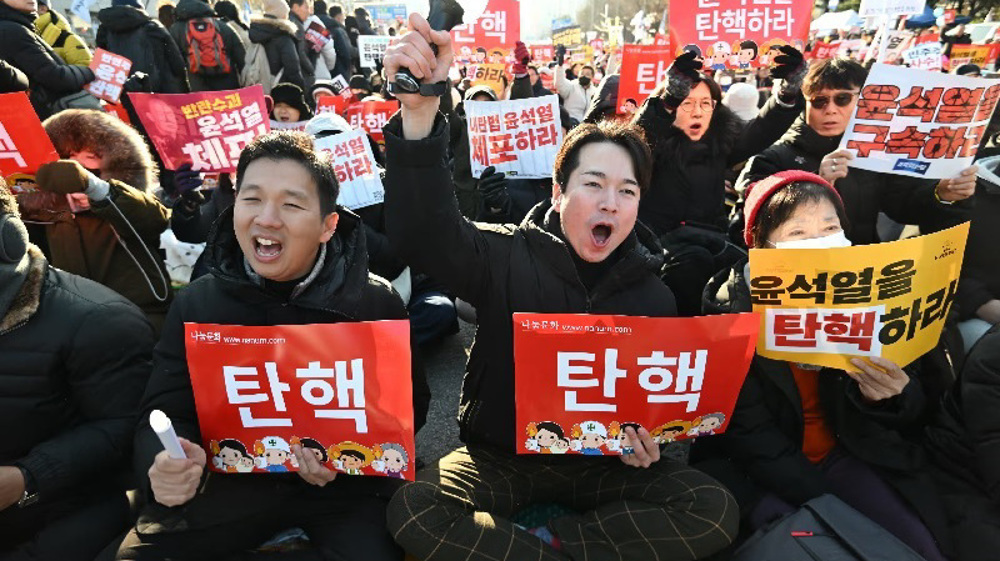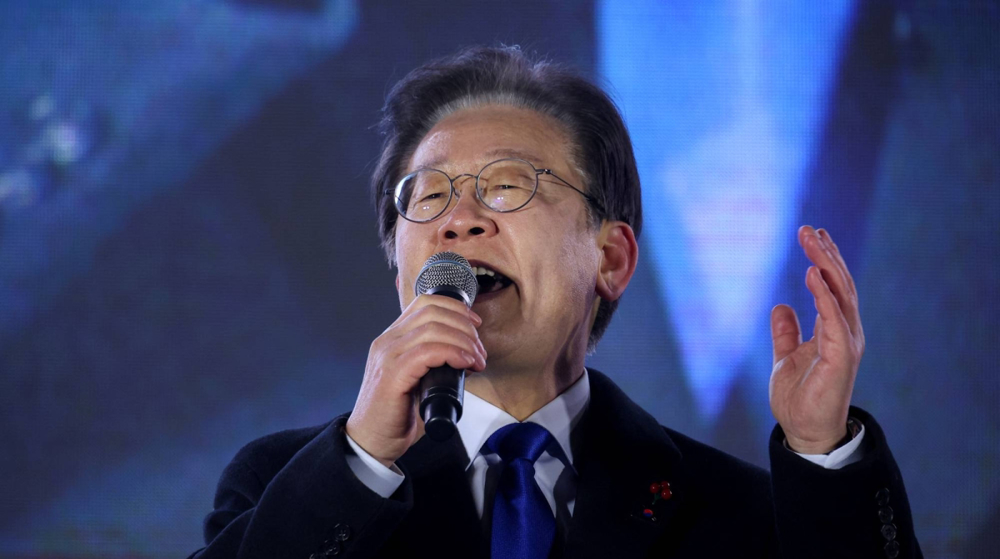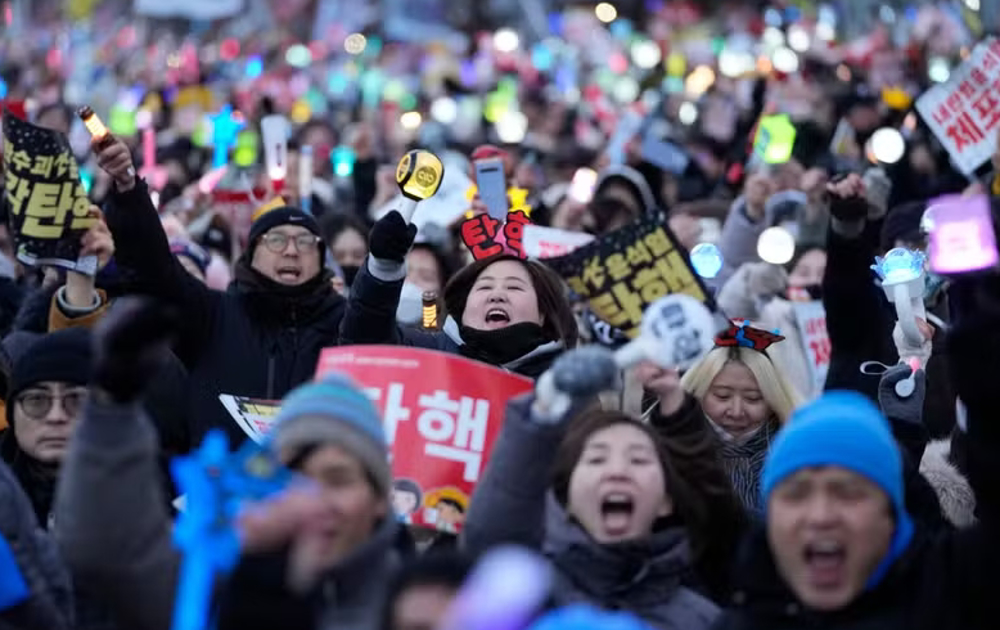US reaffirms commitment to THAAD plan in South Korea
South Korea and the US have pledged to push ahead with their plan to deploy a missile system which has sparked strong opposition from China and Russia.
In his first comment on the planned deployment of the THAAD system, new Pentagon chief James Mattis, who is nicknamed Mad Dog, reaffirmed Washington's push to engage in the region, "using the full range of US capabilities."
The two allies last year announced the plan to deploy the Terminal High Altitude Area Defense (THAAD) system to South Korea. China says it will destabilize the regional security balance.
Mattis, who is to visit South Korea later this week, phoned his South Korean counterpart Tuesday and the two sides agreed to strengthen cooperation against "the evolving North Korean threat," the Pentagon said.
The remarks are set to anger Pyongyang which has responded to joint US and South Korean military drills and other provocations with a series of atomic and missile tests in the past.
In their phone talk, the two ministers warned that North Korea may stage armed provocations at times of power transitions in the South and the US, Seoul's defense ministry said in a statement.
Their conversation came after new US President Donald Trump and South Korea's acting president Hwang Kyo-ahn agreed Monday to strengthen their joint military capabilities.
Following US muscle flexing during war games with South Korea, North Korean leader Kim Jong-un said early this month that his country was in the "final stages" of developing an intercontinental ballistic missile.
The THAAD plan has also infuriated China, which fears it will undermine its own ballistic capabilities. Beijing has slapped a series of measures seen by Seoul as economic retaliation.
China says issues with North Korea should be resolved through dialog, not escalatory military measures such as the deployment of the THAAD.
The plan has also sparked angry protests from opposition leaders and residents of the area chosen to host the missile system, with several South Korean presidential hopefuls vowing to scrap it if elected.

in Seoul, Oct. 20, 2016. (Photo by AP)
South Korean and Japanese leaders, however, are concerned about the direction of the new US administration and its approach toward the region. Trump threatened during his election campaign to withdraw the US troops from South Korea and Japan if they did not increase their contributions to American military engagements.
The new Pentagon chief is scheduled to visit South Korea on Thursday and Friday before heading to Japan in his first debut overseas tour since taking office this month.
Mattis is expected to meet his South Korean counterpart as well as Hwang, who has been serving as acting president since the parliament impeached President Park Geun-hye in December 2016.
‘All wars have rules. All of those rules have been broken’ by Israel
VIDEO | Report flags India’s violation of rights of Rohingya detainees
Turkey's foreign minister meets Syria's de facto leader in Damascus
'Next to impossible' to rescue patients from Gaza's Kamal Adwan Hospital: Director
VIDEO | Vietnam current prosperity
Report blames gasoil exports for shortage at Iranian power plants
VIDEO | Hind Rajab Foundation names Israeli war criminals vacationing after Gaza genocide
VIDEO | Australians rally for Gaza ahead of Christmas festivities










 This makes it easy to access the Press TV website
This makes it easy to access the Press TV website